All-ages recommendations from my favorite children's librarian
Can we read? No. 86: A guest post from Hannah Klapperich-Mueller
I am what might be called a super-user of the library: I look stuff up and put things on hold in my library system’s catalog nearly every day; I stop by my local library at minimum twice a week, usually more; I talk to and email the librarians and staff constantly.
I’ve lived in a handful of places — some of them big cities with fantastic libraries and resources, one of them so small the library was only open six hours a week — but it wasn’t until I settled down in this small town of about 8,000 people (and grew up enough to get over my fear of asking for help from people whose job it is, literally, to help me) that my local library became precious to me. Libraries in general have always been my church, one of my holiest places, but if I had to leave one, okay — life went on, I found a new one wherever I moved next, I figured out how to operate the catalog, and I kept reading.
During the infrequent conversations my husband and I have about leaving this place — never serious, but worth discussing once in awhile, especially since I still miss living in a city with hundreds of thousands of people and he would be happy if our nearest neighbors were 10 miles away — we always reach a point where I look at him and say, “But, the library.”
And I mean it. I’ve never loved a library like I love my local one, not even the one of my childhood, which I wrote about one time in the newsletter I had before this one. That’s in huge part because of its phenomenal librarians and staff (without whom this newsletter would not exist, and that’s not hyperbole).
I’m stuck with my library now, and my library is stuck with me 😉
So as part of my effort to lighten my newsletter workload this fall, I knew I was going to approach my favorite Youth Services Librarian. I see or otherwise communicate with Hannah Klapperich-Mueller at least every week — bless her heart, as my husband would say, for putting up with me. I’ve been waiting years for a children’s librarian whom I genuinely adore, whose recommendations I trust, and who makes the effort to get to know my children so she can help them as well as me.
This person is Hannah. I’m so lucky to know her and benefit from her incredible librarian brain 🧠 not to mention her openness, community-mindedness, and generosity. And I’m grateful that she was willing to provide a long, rich list of recommendations for all of you.
(Adding photos to each review would have made this post too long for your inbox, so I’ve included some, but not all.)
Without further ado, recommendations from Hannah…
I was introduced to Sarah’s newsletter very shortly after I started in my current position as the Youth Services Librarian at the public library in her community and have been a fan since the first issue I read. I feel as though by reading Sarah’s thoughtful reviews I’m revisiting my favorite Children’s Lit classes; it’s so fun having her smart voice on my screen sharing new-to-me books that I may quickly get to turn around and recommend to someone at the library.
All this to say, I was stoked and truly honored to be asked to contribute some of my “right now” favorites for different ages. This list changes swiftly, but some of the titles I'm sharing below have held a spot in my fluid top spots for at least a few months, if not years. I tried to come up with my responses for each category purely from memory as a test of their staying power, and some of the books below are ones that have popped into my brain repeatedly as I brainstormed what items had a place here.
📚 Books for babies
Hello Bugs by Smriti Prasadam-Halls, illustrated by Emily Bolam (2010)
This is my go-to baby shower book gift. It’s been road-tested by a number of babies in my life, and the reviews are in: it’s a hit. The high-contrast illustrations are accented by fun splashes of metallic color on each page, which can appeal to very young babies and maintain visual interest as they grow. The ten bugs readers meet in this simple board book are so cute, and saying hello to each bug is an open invitation for any grown-ups to strike up a conversation both with the bugs and their young companion to really make the reading experience their own.
Storytelling Math series by Grace Lin (2020)
Storytelling Math is a mini-series of board books that can make math palatable even to me, which I promise is saying something. Each title has a simple storyline inspired by everyday adventures which might already be familiar to young listeners. In Circle! Sphere! blowing bubbles becomes a geometry lesson. In The Last Marshmallow, snacktime introduces the idea of fractions. The instruction is presented with a light touch while introducing/reminding caregivers of math learning opportunities in everyday activities, and offering some “Try this!” activities at the back. Lin both wrote and illustrated each book, and the boldly painted illustrations give starring roles to children of different races. The series is also available in bilingual Spanish and English.
We Are Little Feminists: On the Go by Brook Sitgraves Turner & Archaa Shrivastav (2022)
This installment in the “We Are Little Feminists” board book collection (which includes We Are Little Feminists: Families the first board book to ever win the Stonewall Book Award) is filled with bright, sunny photos of both disabled and non-disabled people moving around in a variety of ways. The photos and simple text normalize and celebrate a variety of mobility aids, which can open discussion or hold up a mirror for someone in the family to see themselves represented in a book. The through-line is the tangible joy of the photographs’ subjects, and by extension, the readers’.
📚 Picture books for toddlers and preschoolers
99 Tomatoes and One Potato: A Seek-And-Find for Curious Minds by Delphine Chedru (2022)
I absolutely judged this large-format board book from French graphic designer/author/illustrator Delphine Chedru by its cover at our first meeting. This is one of those books that both looks stylish on a shelf and actually has fun content on the inside, too. The seek-and-find pages are detailed enough to appeal to a range of ages, including any grownups playing along. I love seek-and-find books for learning new vocabulary and how inherently interactive they are. I recommend this one for perusing on a lap, or snuggled together on the couch to pore over the details together.
Telling Time With Big Mama Cat by Dan Harper, illustrated by Barry & Cara Moser (1998)
I don’t buy new books for myself. I just don’t. I buy them for gifts, but I try to focus my own book hoarding tendencies on ones that I know will eventually have to go back into the shared library system. And yet…this book about telling time from the perspective of a confident, chunky feline tickles my funny bone in such a way that I bought myself a copy so I can keep it and treasure this out-of-print masterpiece forever. Let the few library copies in our system eventually get weeded! I defy the loss of this book.
The reader can start by manipulating the movable clock hands on the cover, and then go through the day with the speaker of the story, Big Mama Cat, as she recounts her busy schedule: napping on off-limits furniture, helping wash the dinner dishes, and receiving her night-time chin scratches. Something about how Barry and Cara Moser illustrated Big Mama Cat’s eyes really helps to flesh out her personality. Anyone with a cat in their lives will be able to recognize (as Big Mama Cat certainly does) how essential she is to the smooth functioning of her humans’ days.
I Spy Under the Sea by Edward Gibbs (2012)
Edward Gibbs’ “I Spy” books are fun, interactive read-alouds that make them go-to picks for library storytime as they can be read like a game for eager young guessers. Readers are supplied with verbal and visual clues about what is hiding behind each page, and a small cutout gives a sneak peek about which creature is being described. This under-the-sea installment is great for practicing numbers and some ocean animal vocab. For ocean fans, the clues will likely lead to mostly slam dunk guesses, but there may be one or two in there that keep things challenging for at least the first read.
📚 Emerging readers / easy readers
See the Cat: Three Stories about a Dog by David LaRochelle, illustrated by Mike Wohnoutka (2020)
Writing a really good early reader is a challenging task. Writing a funny one takes a little bit of magic. Happily for us, David LaRochelle has it figured out. In this book and its companion, See the Dog, Three Stories about a Cat, he will likely be able to make both you and your child laugh, or at least nod with respect at the verbal acrobatics happening with so few words on the page. Max the dog becomes increasingly confused and frustrated as the book’s narrator repeatedly refers to him as a cat, along with a host of other inaccurate statements. I love books that break the fourth wall and involve the reader in whatever silliness the characters are getting up to. Unfortunately for Max, his frustration is very funny as he attempts to manage the antics of a rogue narrator.
📚 Picture books for elementary-aged kids
The Sour Cherry Tree by Naseem Hrab, illustrated by Nahid Kazemi (2021)
The Sour Cherry Tree is one of those books that hurts in the back of my throat. Each time I read it, I feel the tears start to well up at different points, but they always show up. It begins, “I bit my mom on the toe this morning. Not too hard. Just enough to wake her. My baba bozorg forgot to wake up yesterday. He lived alone, so no one was there to bite him.” The child telling this story “didn't share many words” with her beloved grandfather who “spoke Farsi loudly but English quietly.” What she did share was fig cookies and winks and playing hide-and-seek behind the curtains. Hrab has crafted a gentle story about grieving the death of a loved one that reads like it’s really being told from the child's perspective.
Love in the Library by Maggie Tokuda-Hall, illustrated by Yas Imamamura (2022)
After I read this book for the first time, I immediately left my desk and pushed it into the hands of several of my coworkers. I had just learned about the decision of the Muskego-Norway school district in Wisconsin to pull an award-winning novel by Julie Otsuka based on her family’s experience in Japanese-American internment camps; suddenly it felt all the more important to have this picture book on our library’s shelves. Love in the Library is also based on the author’s family’s experiences, in this case Maggie Tokuda-Hall’s grandparents’ story of how they met and fell in love while incarcerated in the Minidoka Internment Camp.
I love how Yas Imamura’s illustrations strike a balance between representing the bleakness of the camp and highlighting ways in which the characters found joy in each other despite the circumstances they were forced to endure. The gouache paintings are full of delicious patterns and textures, and, as a side note, feature many outfits I would like to wear. In Tokuda-Hall’s author’s note, she draws connections between her grandparent’s story and the present day, urging her readers to find hope in our shared humanity and let that spur us to work towards a better future.
Chester Van Chime Who Forgot How to Rhyme by Avery Monsen, illustrated by Abby Hanlon (2022)
Chester van Chime wins my favorite rhyming book of the year so far, which is kind of an oxymoron, as any reader will soon discover. The story follows young Chester, a wordplay enthusiast, on a day he wakes up and has inexplicably lost his ability to rhyme. The text on each page sets up a rhyme with a grand flourish only to have the rug pulled out from underneath the reader, with (in my opinion) hilarious results. This is a fun read-aloud, as inevitably listeners will be able to supply the needed rhyme much faster than poor Chester, and whatever phrase is substituted for the intended rhyme sounds so silly and out of place that it can easily startle a laugh out of an audience.
📚 Middle-grade books
Shirley and Jamila Save Their Summer by Gillian Goerz (2020)
I read this graphic novel with my tween book club this summer and it got a thumbs up from all the kids. It’s a low-stakes but high-interest Holmesian mystery with Sherlock recast as a 10-year-old blonde girl in a trenchcoat and narrated through the eyes of Jamila, an assertive and truly unique Dr. Watson. The diverse cast of fully-realized characters and the unlikely friendship between the title pairing are what make the story really soar. No one is a hero and no one is a villian in this book, which is firmly rooted in the serious business and social structures of kid life.
The Puffin Keeper by Michael Morpurgo, illustrated by Benji Davies (2022)
Fans of the “old-timey storybook feel” (which is something I say a lot despite its vagueness, but I feel like if you know, you know) will get into this charming, illustrated chapter book about a boy, a lighthouse-keeper, and the bird that sets them on a new path. As a puffin fiend, I might be unfairly biased towards this book, but it has much to offer besides adorably clumsy fluffballs. Readers who enjoy historical fiction, coming-of-age stories, or grouchy-but-lovable heroes will find something to love in this short novel that reads like a classic of British children’s literature.
📚 Books for teens / YA
I Kissed Shara Wheeler by Casey McQuiston (2022)
I Kissed Shara Wheeler is Casey McQuiston’s first young adult novel and therefore the first one I’ve read. (People in my life are often weary that I so rarely know what books they’re talking about if they are written for adults. Alas.) It’s a thriller, mystery, and messy romantic comedy all in one. Chloe Green is the unapologetically type-A, bisexual protagonist from southern California who has spent four years fighting tooth and nail for the coveted title of valedictorian at her private Christian high school in Alabama. Her only real competition is the principal’s picture-perfect daughter, Shara Wheeler, who, one month before graduation, kisses Chloe and disappears, leaving a trail of pink-enveloped clues in her wake. The story takes a number of turns I didn't see coming and was an enjoyable ride that left me swimming in the warmth of human kindness and community. The ensemble of supporting characters provides some of my favorite moments of discovery. I tip my hat at how McQuiston let Chloe be truly flawed and unlikeable at times, yet that didn't keep her from playing the lead in an epic queer rom-com of her own.
The Marrow Thieves by Cherie Dimaline (2017)
I am obsessed with this book. I recently re-read the audiobook in preparation for the sequel, and I braced myself to not like it as much as I had remembered, but hot diggity dog, it lived up to my own hype. As I sat alone in my car while finishing the last chapter, I actually gasped aloud.
The Marrow Thieves takes place in a not-too-distant future, in a world ravaged by the effects of climate change. The non-Indigenous population of North America has lost the ability to dream and re-started the residential school system as processing plants for Native peoples’ bone marrow, which is believed to hold the cure for the dreamless.
Zooming in, the story is about French, a 15-year-old boy on the run from the Recruiters, surviving in the wild with his small band of found/chosen family. The dystopian details serve as a backdrop to the connections between the characters, including Rose, the beautiful newcomer who French really hopes isn’t his cousin, Riri, the group’s youngest darling who sees new pink boots as candy, and the elder Minerva who carries the language Anishinaabemowin, words which have become as precious as jewels and roots to a shared history. The novel is more personal than post-apocalyptic, and tugs on the heartstrings one moment while being equally funny the next.
Enormous thank you to Hannah for these awesome recommendations (and for being generally amazing, super helpful to me, and supportive of my own emerging readers). Whose library holds list/bookstore shopping cart immediately expanded after reading this list? ✋ I hope you, too, found something for the kiddos in your life, no matter their age.
Thanks for reading, today and always!
✌️Sarah




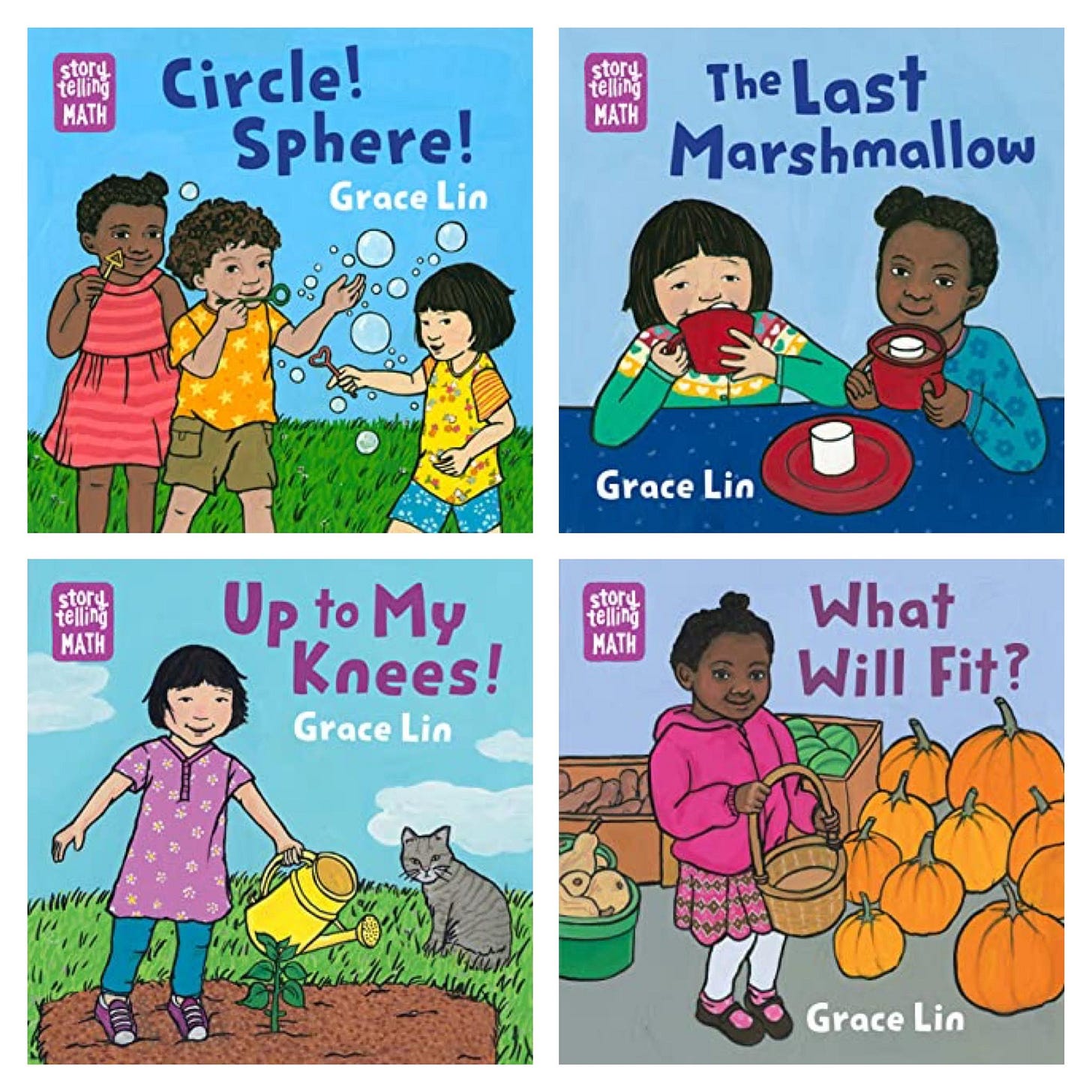
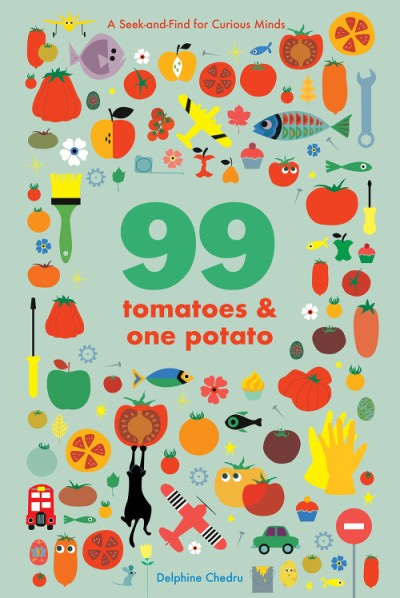
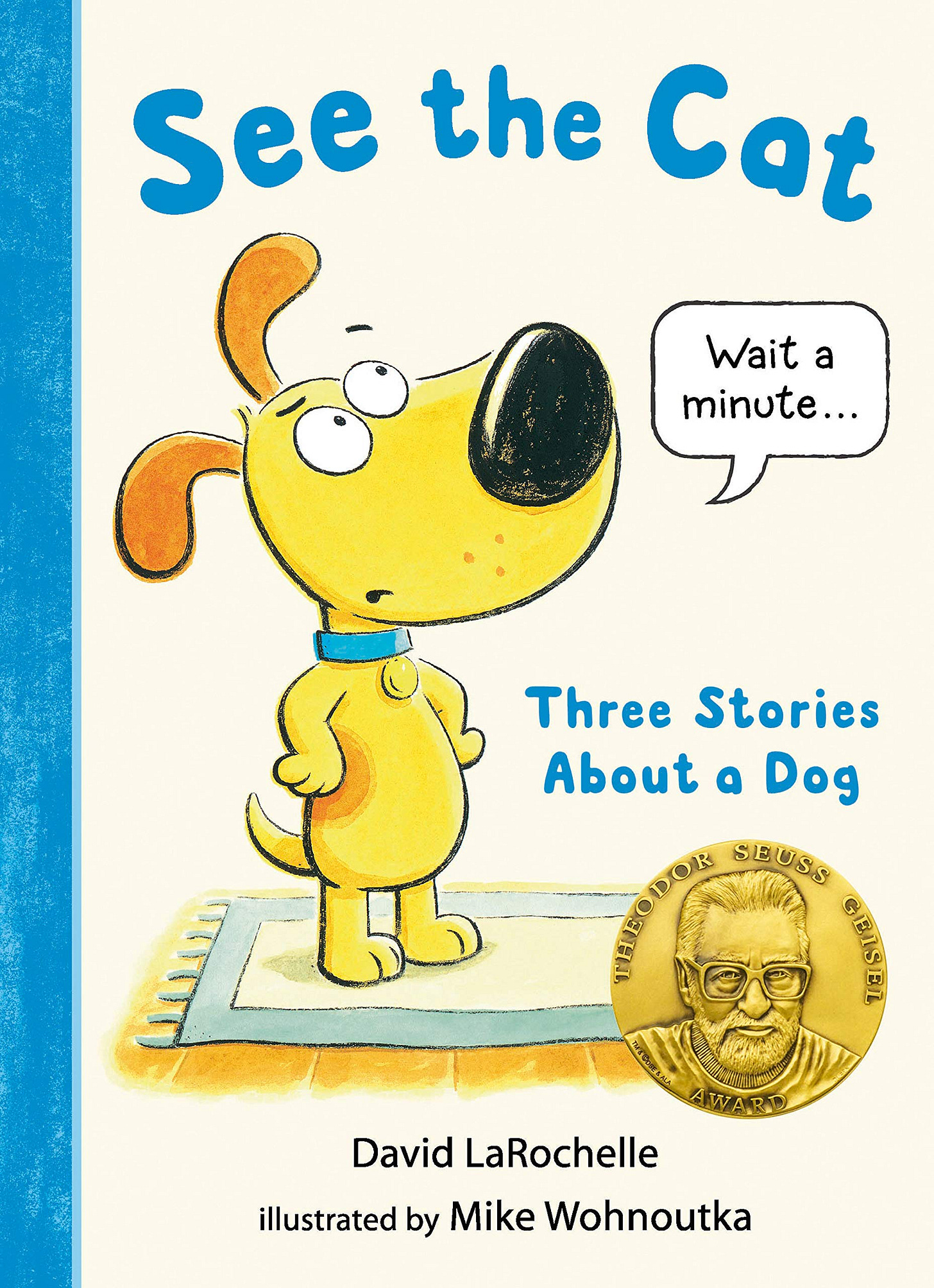

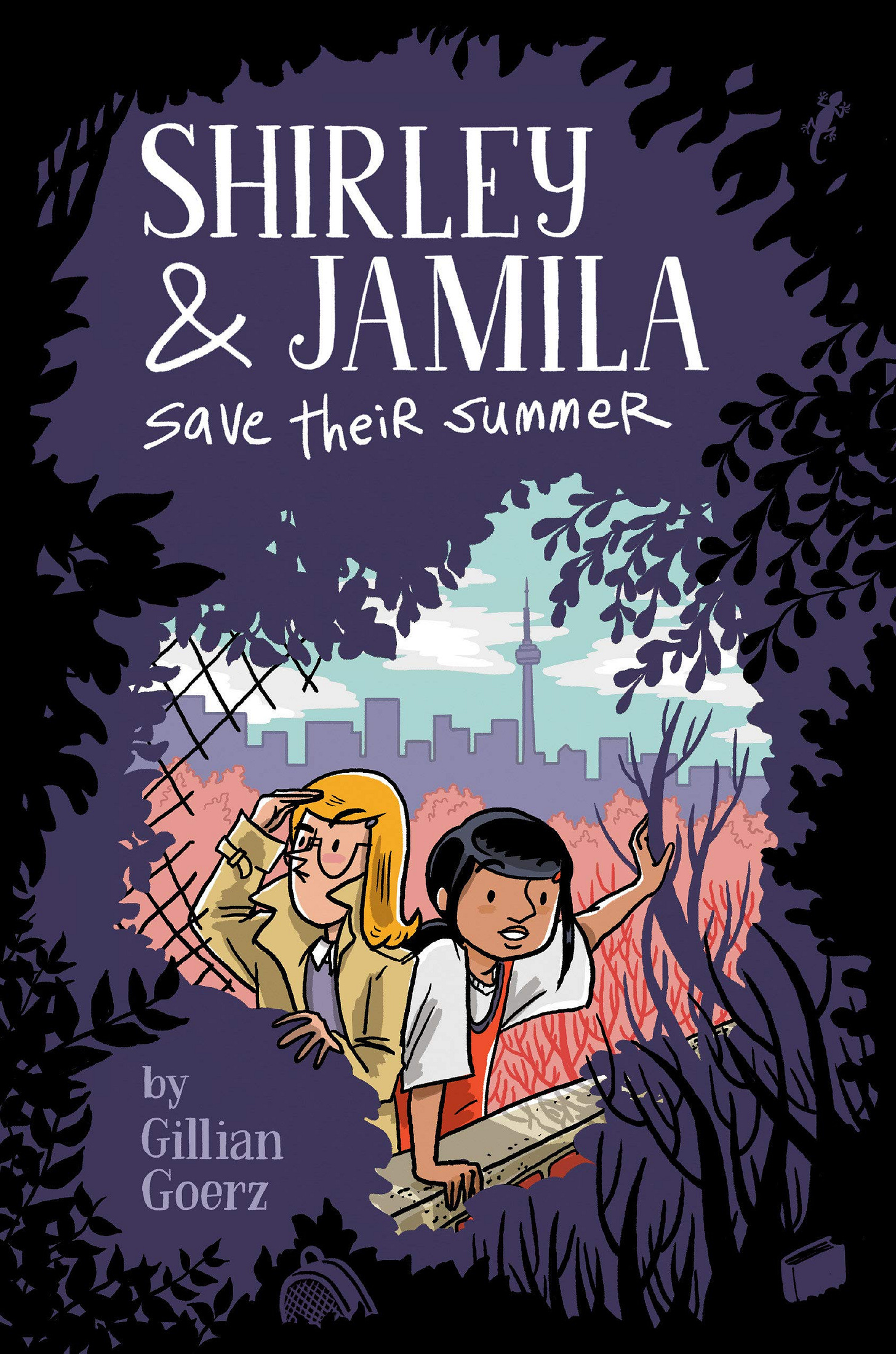
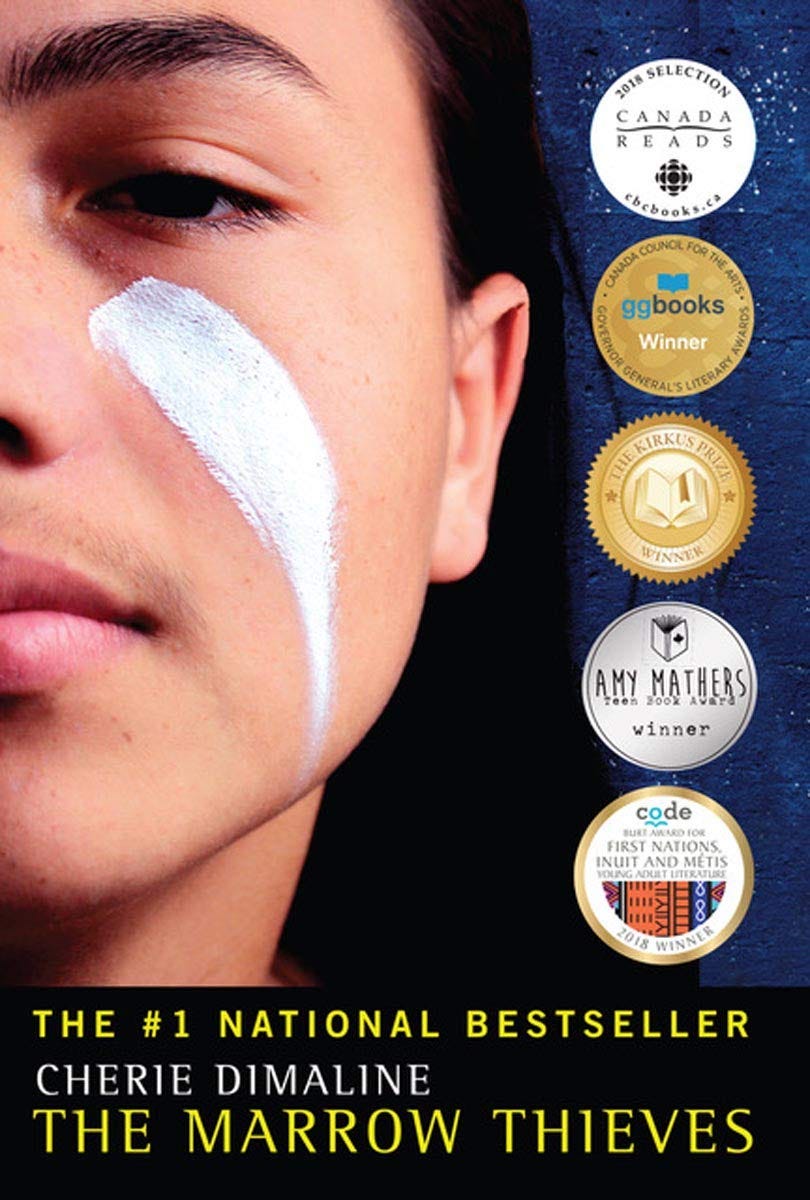
Yay for librarians! I’ve moved three times in the last four years and by far I feel like I’ve hit the jackpot with my local library! The librarians are so helpful, the children’s section changes all the time (which helps with weekly visits) and the check out limit is very large (100).
Write-ups like this are why I yearn for your posts to be in a yearly anthology.